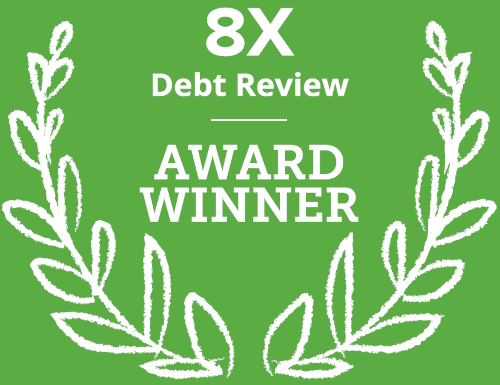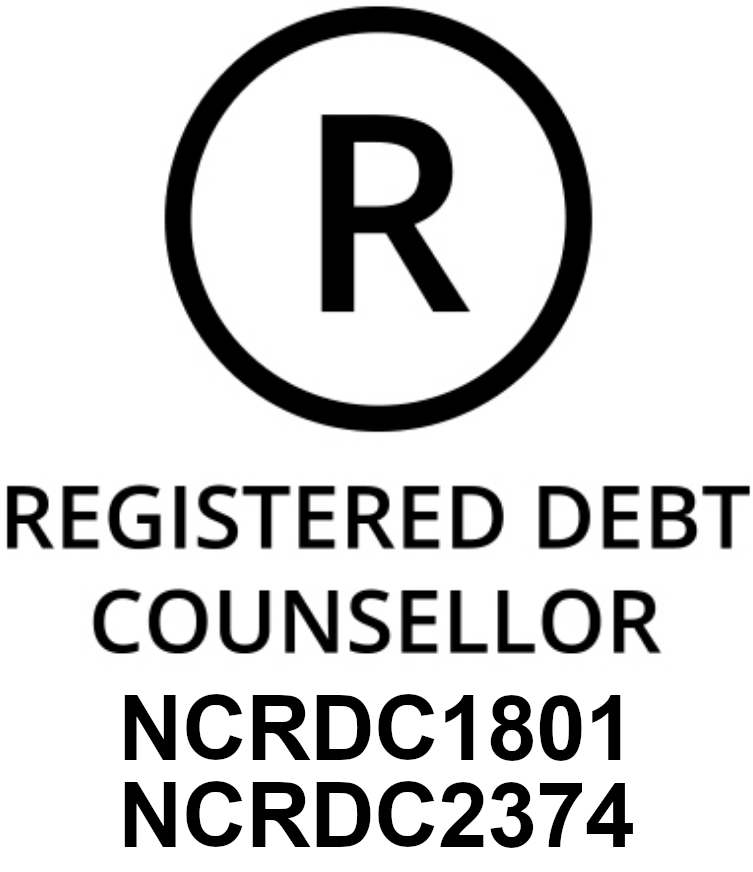Most of us speak to brokers or our bank managers for advice — but some are incentivised to push certain products, some of which may not be necessary. However, there are must have products that you should subscribe to, these include:
1. Current account
A current account provides you with the opportunity to manage your money on a day to day basis. There are plenty of current accounts available on the market with different fees and benefits, so it’s important to do your research and ensure you get the best deal.
If you are enticed by rewards attached to the current account, make sure you will use them as the fees for some of the reward accounts can be higher than the standard current accounts. If you want to compare current accounts, try the comparison tool on Justmoney.
2. Pension
There are plenty of ways you can save for your retirement and each investment vehicle has its own benefits. If you invest your money in a retirement annuity, for example, your annual contributions are tax deductible up to 15% of your yearly taxable income.
If you have a company pension fund the benefit here is that your employer can contribute as much as 7% and take on all operational fund costs. So speak to your financial advisor or go to Justmoney to fill out a form and speak to a consultant about your retirement needs.
3. Savings account
A high interest savings account has plenty of benefits, which your current account may not be able to provide you. Compare savings account deals with Justmoney.
4. A will
If you don’t leave a will before you die your assets will be subject to intestate laws and this may not be what you want. Your will is an essential part of your estate planning. Your estate refers to everything that you own — from your house to your car to your provident fund. However, it also refers to everything that you owe.
Your will guarantees that your estate is distributed and managed according to your wishes. A properly managed estate will also ensure that your dependents will have an income in your absence, and that there is enough money to pay any debts you may have left.
5. Travel insurance
If you are going away on holiday overseas, travel insurance is a must. Check the small print though because you may not be able to do certain activities under the policy. However, if you are keen on engaging in some risky activities, such as skiing, you could buy extra insurance to cover yourself.
6. Credit card
We are not in support of getting yourself into debt, but if a credit card is used responsibly it can actually be an advantage rather than a burden. For example, if you don’t have a credit history, getting a credit card and using it responsibly could help you in improving your credit score.
Look out for low interest rate deals but be careful — usually the interest rate jumps up after the initial offer is over. Also some companies, such as hotels or car hire firms, will ask for a credit card to secure a booking.
Need debt counselling or consolidation?
Explore DebtBusters' solutions for reducing your interest rates and unlocking cash.
Find out more7. Car insurance
In South Africa there is no legal obligation to get car insurance but this product is essential nevertheless. If you can’t afford comprehensive cover, third party fire and theft can generally be obtained at around R150 to R300 per month according to Santie Stevens, short term insurance manager at InsuranceBusters.
Stevens adds that although some people may want to self-insure she always recommends that that drivers take out third party cover at the very least.
“Over 60% of people are not insured on South Africa’s roads but they don’t realise the amount of financial danger they are putting themselves under when they drive around without insurance. All it takes is for you to hit an expensive car to get you into financial trouble,” says Stevens.
8. Buildings insurance
Many lenders will insist that you take out buildings insurance with your mortgage to protect the value of their security — your home — in the event of a fire or another disaster. Your home is likely to be your biggest asset, so it’s worth insuring it.
It’s important to maintain it though as insurers don’t cover your home against wear and tear, so don’t neglect your home by overlooking vital repairs.
9. Contents insurance
According to the South African Police Service’s Crime Report there were 247 630 burglaries at residential premises in 2010/2011.
You can cover your possessions when you are out and about too as your contents cover will usually include ‘portable possession’ insurance, which insures the value of your assets up to R4,500. But this is something you will have to check though as not all insurers provide this add on and you may have to pay extra to get this benefit.
Expensive or high risk items that you take out of your home, such as a cell phone, will however have to be specifically mentioned under your policy. To get a home insurance quote, go here.
10. Life insurance or income protection
If you have a partner or children that are reliant on your income, it’s important to protect them by taking out life insurance that will provide them with a lump sum or regular income if you die.
If you don’t have any dependants, you could consider taking out income protection, which could protect you in the event that you can no longer work due to ill health or an accident. Click here to get a life insurance quote.

This article was powered by www.moneybags.co.za





